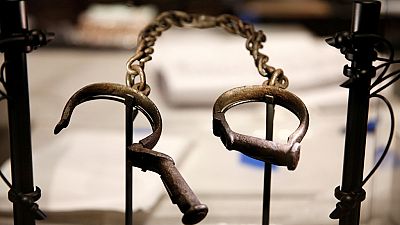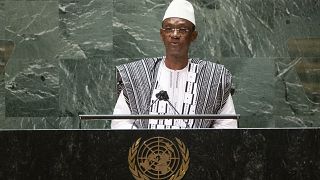Slavery
As the world marks the International Day of Remembrance of the Victims of Slavery and the Transatlantic Slave Trade on March 25, the United Nations emphasizes the importance of remembering the horrible period of history.
“We must always remember the role played by many of our countries – including my own country of Portugal – in carrying out the largest forced migration in history and in robbing so many millions of people of their dignity and often also of their lives,” UN Secretary-General António Guterres told a General Assembly meeting.
He also acknowledged the re-emergence of slavery in the form of human trafficking and forced labour as the world is yet to overcome racism.
“Heeding the lessons of yesterday means fighting these ills today … The United Nations and I personally attach the greatest importance to the challenge of slavery, past and present,” he said while urging a united front for a world of freedom and dignity.
Ten years ago, the United Nations established the Remember Slavery Programme which embarks on education on history’s greatest tragedies and works to combat racism and prejudice.
The Programme’s theme for 2017 is “Remember Slavery: Recognizing the Legacy and Contributions of People of African Descent”.
On #RememberSlavery Day, find out about the #AfricanDescent decade here: https://t.co/SyNBqSUUKt pic.twitter.com/VGUHIRn4Me
— United Nations (@UN) March 25, 2017











02:19
Denzel Washington and wife support son at premiere of 'The Piano Lesson'
02:09
Russia vetoes UN resolution calling for immediate cease-fire in Sudan
01:07
Sudan keeps key aid crossing from Chad open to keep humanitarian aid flowing
01:58
Climate adaption: Unfulfilled pledges mean “lost lives and denied development” – UN chief
01:05
US probes racist text messages referencing slavery sent to Black men, women
Go to video
Slavery: UK does not want 'money transfer' as reparation